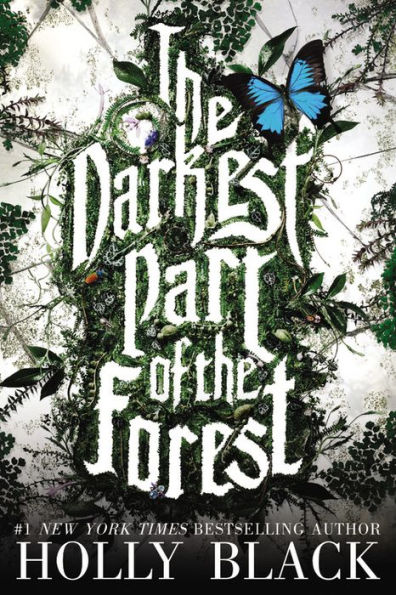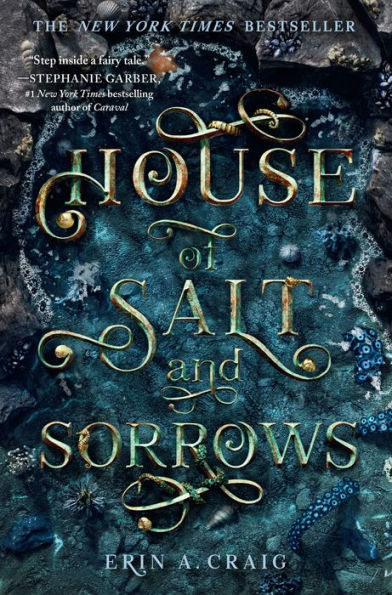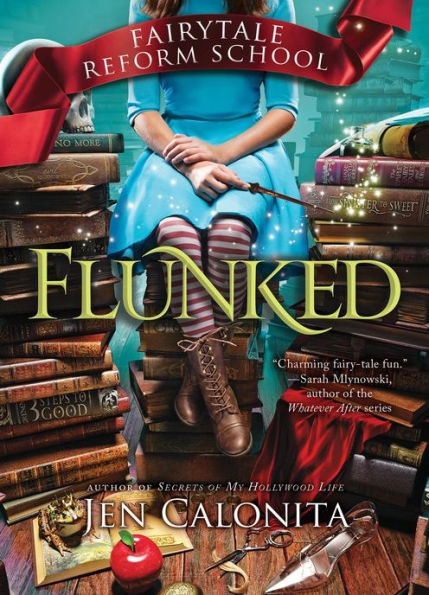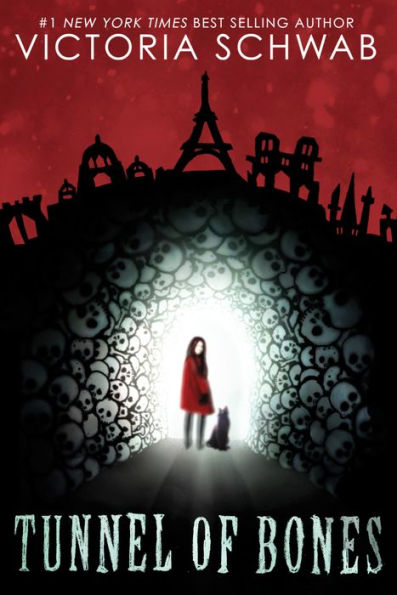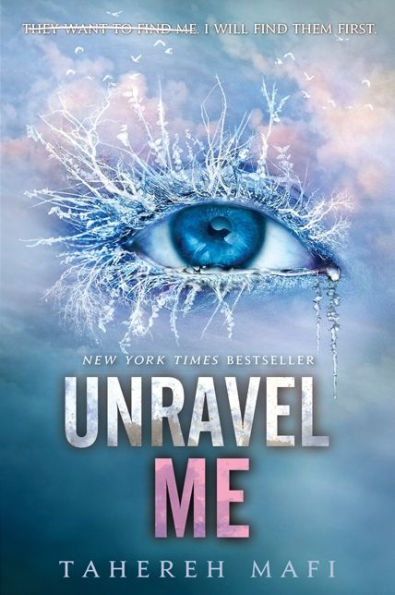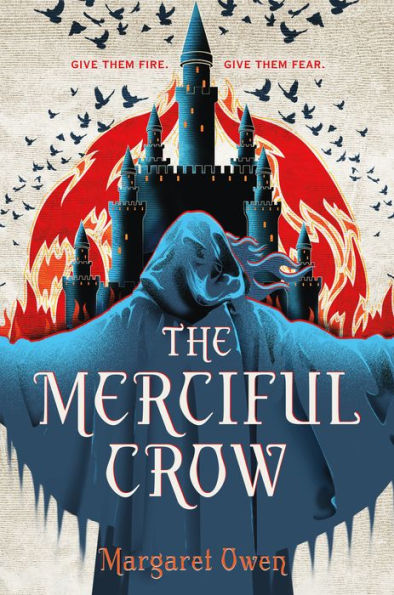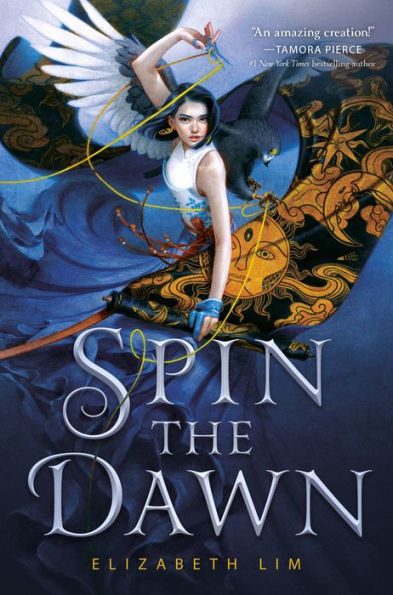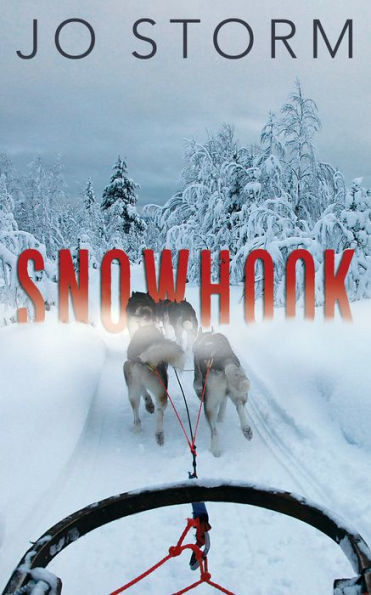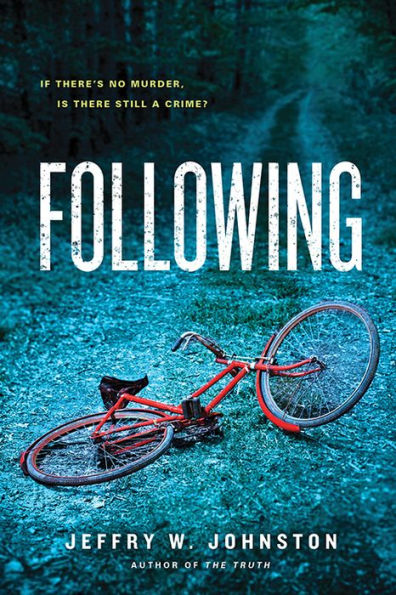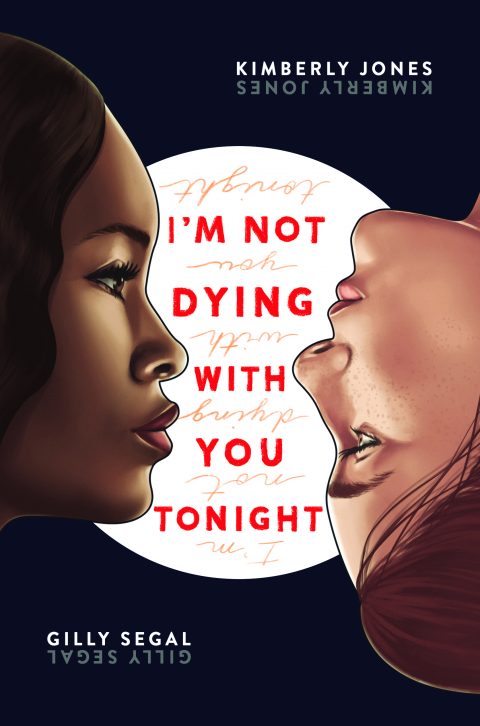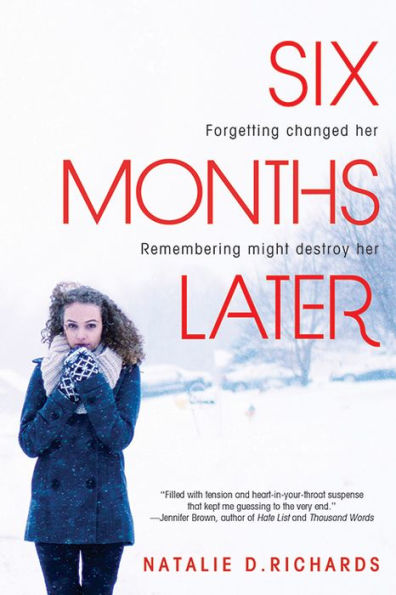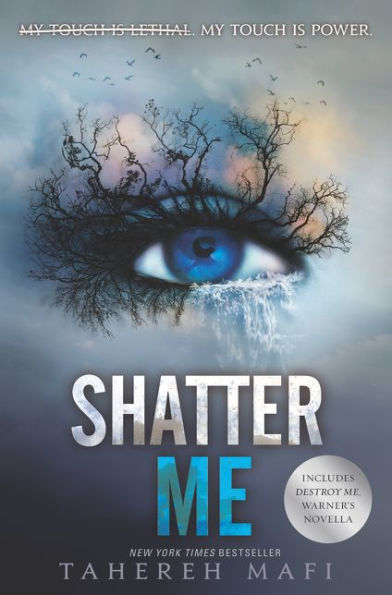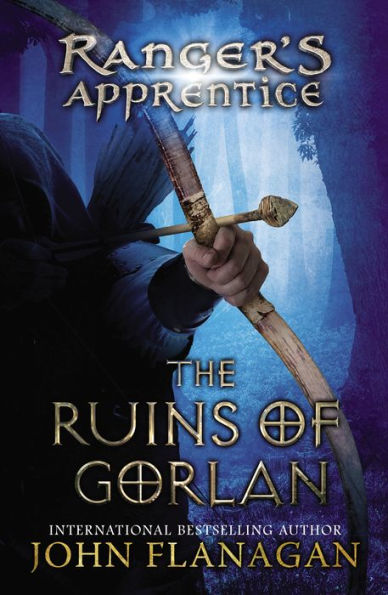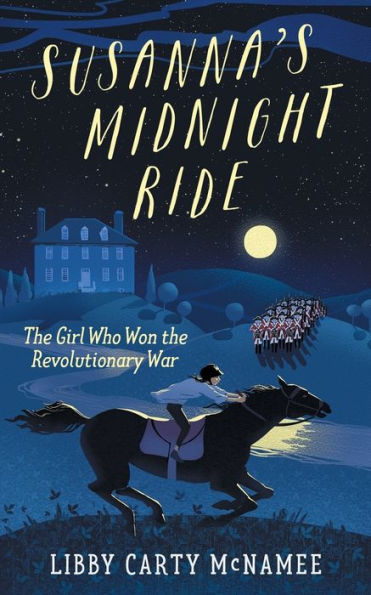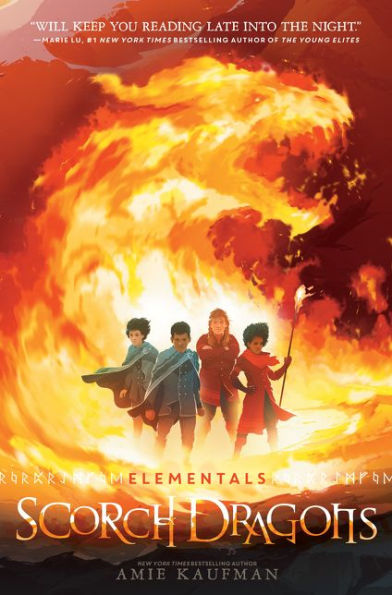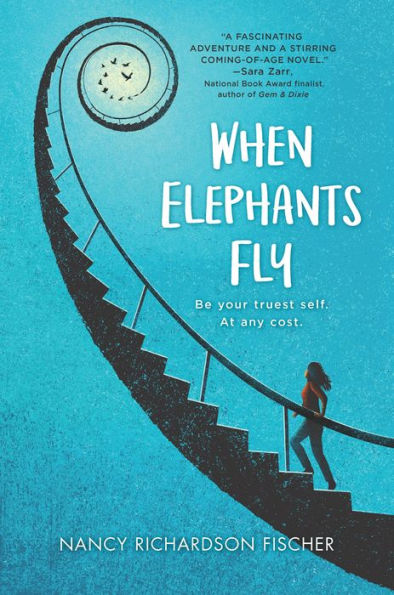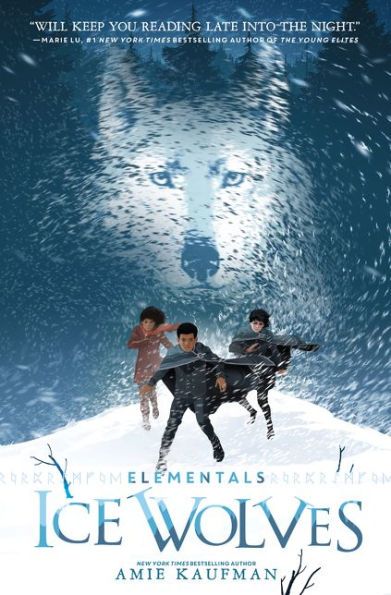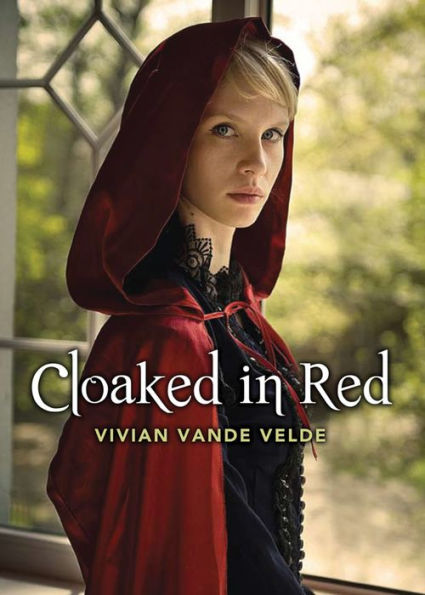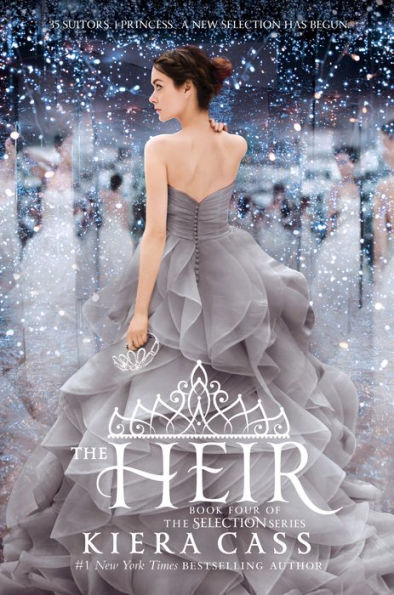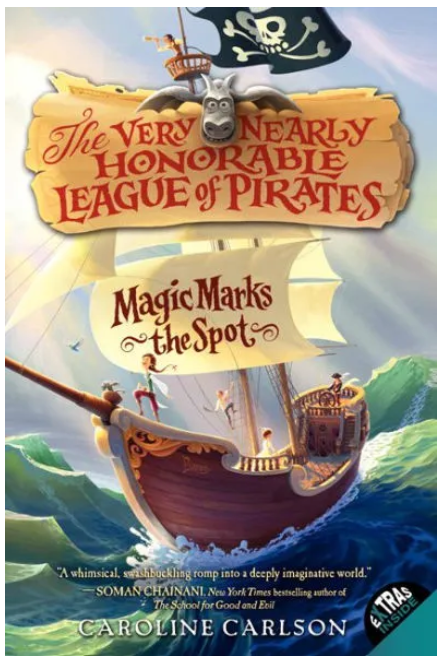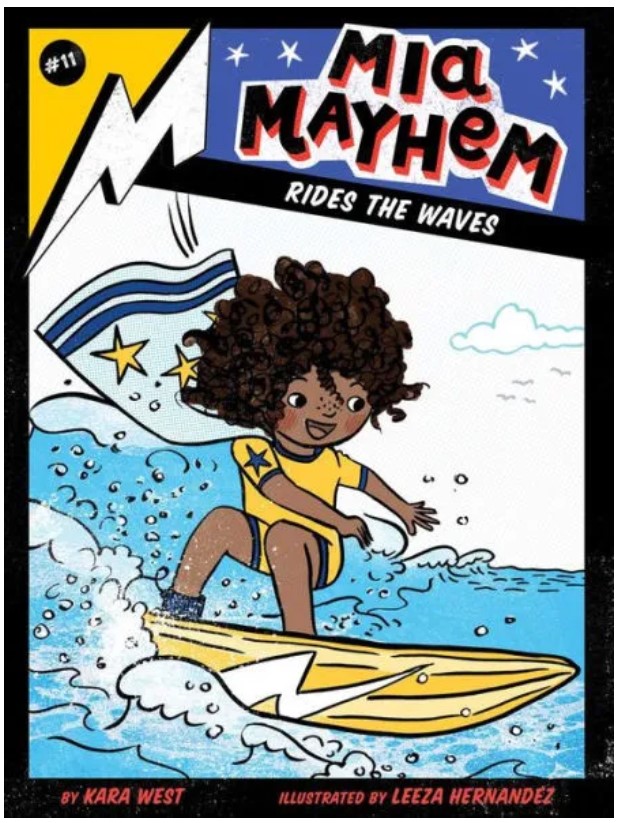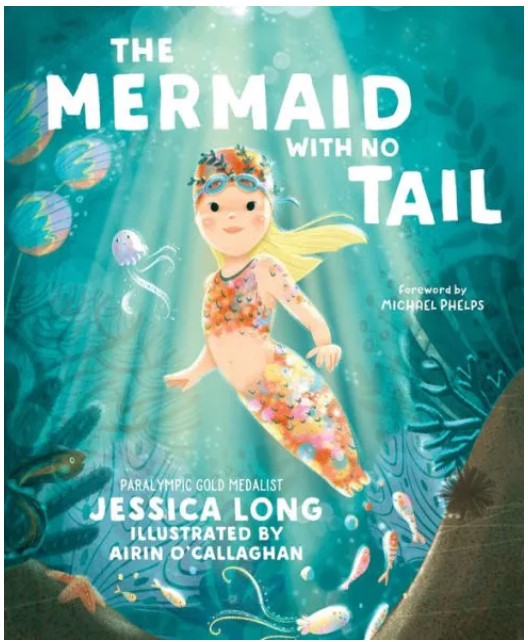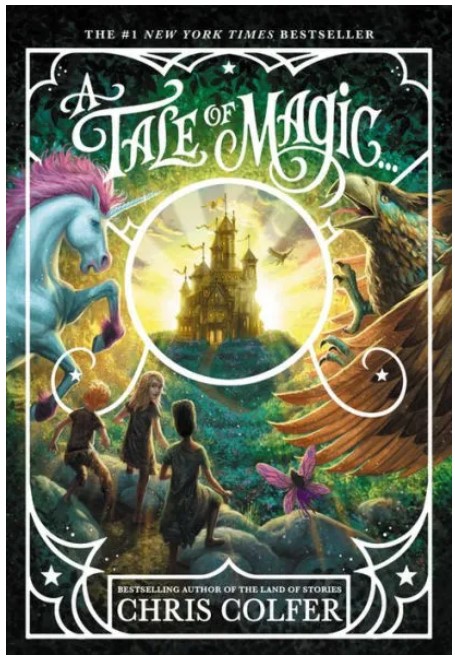Fairfold is just like any normal, small-town—except for the faeries. The people of Fairfold have always lived alongside the Faerie Folk and have grown accustomed to their way of life. They live alongside each other by appeasing the faeries. They thread flower garlands for the Alderking. They don’t go to the forest hills at night. They don’t even bat an eye when a tourist goes missing after a visit to the forest to try and catch a glimpse of the Folk.
Even among all this strangeness, the biggest mystery of all is the horned boy in the glass coffin. In the woods, for as long as anyone can remember, a glass box has sat on the forest floor with a sleeping boy inside. Tourists come from across the world to see the boy, but no one can explain his existence or his ageless body. Anyone that attempts to break open this glass coffin has been met with explainable injuries, so the boy has stayed in his resting place for centuries.
Hazel and her brother, Ben, have lived in Fairfold all their lives and have always been drawn to the Folk. As children, Hazel and Ben secretly would go to the forest at night to hunt the Folk. Ben used his unearthly gift of music to lure creatures to them, while Hazel used her strength and sword to cut down the Folk. A near-death experience caused them both to retire from hunting, but they always had an internal pull to the Folk and to the boy in the glass coffin. They grew up fantasizing about who the boy in the glass coffin truly was. They knew they would never get the real answer . . . until the day the boy woke up.
The Darkest Part of the Forest is an adventure through a mystical town that exists in the human world. Magic and humans coexist in Fairfold, and Hazel and Ben have always thrown themselves into the dangerous faerie world. When the mysterious boy in the glass coffin awakens, they are caught on a mission to help save the boy and get him back to his home.
Hazel wants to help the boy, but she also has a secret to keep. As a child, Hazel made a bargain with the Alderking and now owes him her services. She now must choose between helping the horned boy and fulfilling her bargain to the Alderking. As Hazel, Ben, and the horned boy become friends, mysteries unravel, friendships blossom and love awakens. Will Hazel choose to help the boy or fulfill her bargain? Will Hazel and Ben be able to save the horned boy? Will they survive the journey to bring the boy home?
Fans of Holly Black will not be disappointed with this gripping story of faeries and young love. The Darkest Part of the Forest takes the reader through a fantasy world filled with betrayal, trickery, and most of all, love. The Darkest Part of the Forest is well-written, but the story can be confusing because of the intricate world stuffed into one novel. This story features unique characters and different points of view, but the excessive background information slows the plot. Readers will enjoy the relatable characters in a mystical world filled with mystery, romance, fantasy, and a satisfying ending.
Sexual Content
- Hazel is known for kissing many boys “for all kinds of reasons.”
- Hazel regrets kissing Robbie Delmonico because “ever since they’d made out at a party, he’d follow her around as though he was heartbroken.”
- Hazel also shares a kiss with her brother’s boyfriend. “His mouth was soft and warm, and while she didn’t kiss him back, she didn’t exactly squirm away.”
- In order to trick Hazel into drinking the faerie wine, a faerie girl kisses her “full and deep with soft lips and a cool tongue.”
- Hazel asks a boy to “distract her.” So, “leaning over, not speaking, he brought his mouth to hers. She rolled toward him, and his arm came around her, pressing her closer, his fingers against the small of her back.” She removes his shirt and they continue to kiss on the ground until interrupted. This scene lasts about one page.
- The horned boy, Severin, kisses Ben. “It was a searching, hungry kiss. His hand wrapped around Ben’s head and Ben’s hands fisted in Severin’s hair, bushed over horn, rough and cold as the back of a seashell.”
Violence
- Hazel talks about some of the tourists’ disappearances. “Some got dragged down into Wright Lake by the water hags. Some would be run down at twilight by horses with ringing bells tied to their manes and members of the Shining Folk on their backs. Some would be found strung upside down in trees, bled out and chewed upon.”
- There’s violence in Hazel’s stories of them hunting faeries. “Ben lulled faeries with his music, while Hazel struck them down with her sword.”
- A water hag kills Hazel and Ben’s dog by “slamming him on the ground as if he weighed nothing.” Hazel avenges her dog by killing the hag, doing so by “hefting a large sword like a baseball bat and brought it down, bashing the edge against the monster’s head. Her skull split like a rotten melon.”
- Hazel goes hunting alone one night and finds her classmate, Natalie “hanging upside down with her throat cut.”
Drugs and Alcohol
- Hazel and Ben attend parties in the forest where people often “looked flush with alcohol and good cheer.”
- At these parties, different characters, including Hazel and Ben, drink alcohol. For example, “Leonie Wallace lifting her beer high over her head” and “Stephen drank moonshine from a flask.” There are multiple parties described throughout the book in flashbacks, and the novel begins at a party that Hazel is attending.
Language
- Profanity is used sparingly. Profanity includes: hell, shit, damn, asshole, and bastard.
- A mother tells the faerie woman, “damn the consequences and damn you, too.” Then she tells the faerie to “get the hell out.”
Supernatural
- Supernatural events are a huge part of the plot since the town of Fairfold coexists with faeries and deals with them every day.
- There’s a glass coffin in the woods and “in it slept a boy with horns on his head and ears as pointed as knives.”
- The town of Fairfold lives alongside the Folk. In the forest “it wasn’t odd to see a black hare swimming in the creek or spot a deer that became a sprinting girl in the blink of an eye.”
- The townsfolk feared a creature in the forest that “lured tourists with a cry that sounded like a women weeping, with fingers of sticks and hair of moss.”
- People can go to a tree in the forest to “bargain for your heart’s desire.” A local girl had gone to the tree “and wished herself into Princeton, promising to pay anything the faeries wanted. She’d gotten in, too, but her mother had a stroke and died the same day the letter came.”
- Townfolk tell a story about Carter’s parents and how their child was taken and replaced with a changeling. Carter’s mother had “gathered the neighbor ladies” and “baked bread and chopped wood and filled an old earthenware bowl with salt.” Carter’s mother then heated a poker and pressed it against the changeling’s shoulder because “burning a changeling summons its mother.” The faerie mother arrived carrying a bundle and Carter’s mother confronts her. The faerie woman gives back Carter and “reached out her arms for her own wailing child, but Carter’s mother blocked the way.” Carter’s mother states as a punishment for taking her child, she would be keeping both boys to raise as her own.
- When Ben was a baby, his mother took him into the forest for a picnic. His mother was painting the scenery when a faerie woman comes out of the forest and compliments the drawing. The faerie woman asked the mother to draw her a picture. When she was done, the faerie woman gifted her with a “boon.” The faerie touched Ben and said, “I can’t change his nature, but I can give him the gift of our music. He will play music so sweet that no one will be able to think of anything else when they hear it, music that contains the magic of faeries.” Ben uses his musical talent later to save Hazel and to lure faeries to them.
- Hazel makes a bargain with the Folk to get her brother a full scholarship to a music school. In exchange, Hazel must serve the Alderking for ten years.
- Something possesses a classmate’s body. “Hazel knew that she might be looking at Molly’s body, but Molly was no longer looking out through her eyes.”
- At one point, Hazel is hiding in the bathroom and sees a monster that is “easily over seven feet in height and looked roughly human shaped, if a human could be made from branch and vine and soil.”
- To get into the faerie’s realm, Hazel must “stomp three times,” make up a rhyme, and then step through a moss-covered archway.
Spiritual Content
- None
by Adeline Garren
